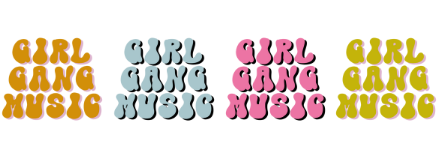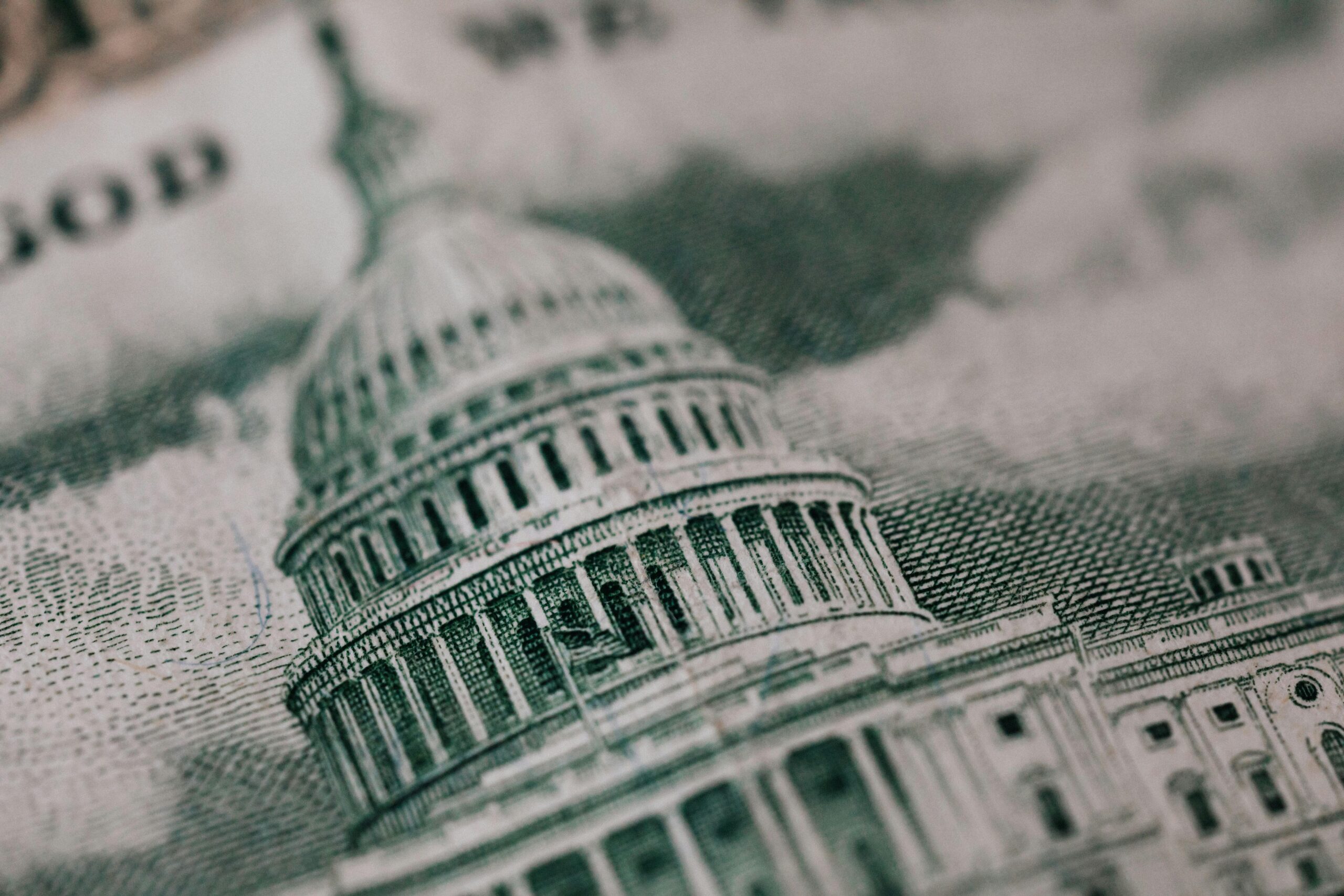In July 2025, Congress passed and President Biden signed the Help Independent Tracks Succeed (HITS) Act into law—finally leveling the tax landscape for independent artists, songwriters, and producers. Previously, creators had to amortize recording expenses over decades. Now they can deduct up to $150,000 in recording-related costs in the same tax year the expenses are incurred—just like film, TV, and theater professionals.
For women in music—especially those launching indie labels, releasing demos, or producing their own work—this is a game-changer. Immediate deductions reduce upfront financial risk, improve cash flow, and empower creatives to reinvest in gear, studio time, and promotion without delay.
And yes—technically qualified meals, travel, software/plugins, and even gear rentals tied to recording are now deductible, as confirmed by advocacy from A2IM and the Recording Academy.
Who It Helps & What It Covers
Artists & songwriters: Covers recording, mixing, mastering, demos.
Producers & engineers: Studio time, session work, equipment.
Labels: Indie labels can deduct production expenses upfront.
Women-led collectives & startups: May enable deeper investment in female-driven projects
Why It Took So Long
First introduced in 2021 and reintroduced in 2023, the HITS Act faced political and budget hurdles. Backed by big advocacy networks—including the Recording Academy, A2IM, Nashville Songwriters Association International, ASCAP, BMI, SAG-AFTRA, and more—it reached critical momentum in mid‑2025 and was folded into a congressional budget reconciliation package.
So Where Is It Now?
- Signed into law: Became effective in July 2025 VETERAN LIFESTYLEMusic Business WorldwideSymphonic Blog.
- IRS guidance: Agencies are rolling out tax forms and guidelines for the 2025 tax year and beyond.
- Next steps for creators: Record every qualified expense now—ideally with timestamps and receipts. Consult a tax advisor experienced in creative industries.
Groups like the Recording Academy and A2IM are also preparing better educational content for 2025 filings—so check their resources.
💡 How Music Creators Can Maximize the HITS Act
- Document everything: Keep detailed logs of studio time, plugins, travel, meals—even Zoom sessions tied to recordings.
- Work with informed pros: A creative-sector tax specialist can help categorize your expenses efficiently.
- Plan your projects smartly: Consider clustering production within the same tax year to maximize the $150K cap.
- Use it as a marketing tool: Mention it when fundraising or pitching—especially if your project is women-led or indie-focused.
- Advocate within your networks: Tell peers, managers, and collectives—encourage them to track expenses and share knowledge.
For more info, see the Recording Academy’s breakdown of the HITS Act, IRS resources, and guidance from A2IM.

